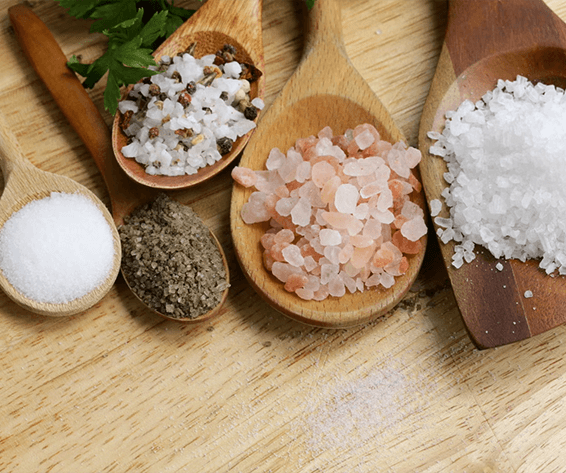- +033 2572 7171
- info@dhanvantary.com

4.5 Rating | 4500 Review

4.5 Rating | 4500 Review
Sodium is classified as an essential mineral that is vital for maintaining a healthy body. Insufficient sodium levels can lead to disruptions in neural and cellular functions. The majority of sodium consumed in our diets is derived from sodium chloride, commonly known as table salt. In nature, sodium is found in various salt forms. It plays a crucial role in cellular functions, facilitating the absorption of nutrients from the digestive tract and contributing to the establishment of the resting membrane potential.

The resting membrane potential is essential for the transport of molecules and for cellular communication.
Excessive sodium levels can lead to various health issues. When sodium accumulates in the body, it causes water retention to dilute the sodium concentration. This results in increased fluid levels in surrounding cells and an elevated blood volume. The increased blood volume places additional strain on the heart and exerts extra pressure on blood vessels, potentially leading to high blood pressure (hypertension), stroke, and heart attack. Furthermore, excessive sodium intake can cause damage to the kidneys and bones.
Insufficient sodium levels in the body can lead to the influx of water into cells, causing cellular swelling. When this occurs in the brain, it is referred to as cerebral edema, which can result in brain damage. The condition known as hyponatremia is characterized by a rapid decline in blood sodium levels. Symptoms may encompass headaches, cognitive impairment, seizures, weakness, fatigue, muscle cramps, and diminished consciousness, potentially culminating in coma or death.
Sodium can be found in various vegetables such as carrots, turnips, beet greens, celery, chard, legumes, beans, sweet potatoes, artichokes, and spinach. Additionally, table salt, meat, fish, poultry, dairy products, eggs, and olives are significant sources of sodium.
The recommended daily sodium intake should not surpass 1.5 grams, applicable even to healthy individuals without cardiovascular issues, diabetes, or hypertension.
For infants under one year of age, sodium intake should be minimized due to their immature kidneys.
